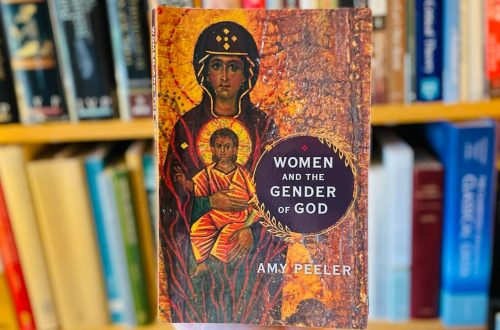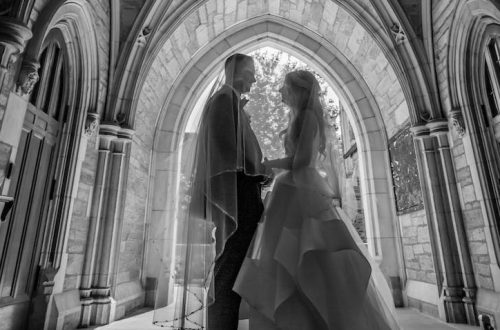If Vice-President Mike Pence thought that his public scolding from the cast of Hamilton would be the last he’d hear on the subject, he knows better now. And so do all of his neighbors. The Washington Post reports that about 200 protestors marched through Pence’s new D.C. neighborhood in order “to protest what they consider his anti-gay views.” The protestors didn’t just carry signs. They marched through Pence’s neighborhood with speakers blaring music and with some of the protestors performing obscenities in the middle of the street (there’s a video in the Post‘s coverage). The Post‘s report describes an ugly spectacle brimming with animus towards Pence and anyone else who holds his views.
Among other things, what caught my eye in this story is how The Washington Post describes Pence’s “anti-gay” offenses:
As governor of Indiana, Pence signed a law allowing business owners to refuse service to lesbian, gay, bisexual or transgender customers — legislation that sparked a national uproar and threats of boycotts until the legislature reversed course.
Anyone who remembers what happened in Indiana in 2015 should be appalled at how irresponsible and inaccurate this statement is from The Washington Post. Mike Pence did not sign a law that allows business owners to refuse service to gay people. He signed a Religious Freedom Restoration Act (RFRA), which prevents the state from placing an excessive burden on religious freedom. The law doesn’t even mention gay people. The law he signed is nearly identical to the federal law which has been the law of the land since 1993. To say that the law allows business owners to refuse service to gay people is grossly inaccurate. But it sure does serve the propaganda interests of activists who want the government to force business owners to participate in gay weddings in violation of their consciences.
One crucial fact is often missed in these kinds of reports, so it’s important to reiterate. The actual business owners who have declined participation in gay weddings do not refuse service to gay people. In every instance where this has happened across the country, the business owner has had a long history of serving (and sometimes employing) gay people. The florist in Washington State, for example, had already served a gay couple for nearly a decade when she declined to participate in their wedding ceremony. She was happy to serve them. In fact, they were her friends. She just couldn’t violate her conscience and participate in their wedding. That is not discrimination against gay people. It’s simply her religious conviction that she cannot lend her creative expression to help celebrate what her faith forbids.
Contrast that situation with the fashion designers who are refusing to dress Donald Trump’s family for the inauguration this weekend. These designers object to lending their creative services to a man (and his family) who deeply offends them. There is an animus involved with their refusal that is not present in the case of florist. As Jim Campbell observes:
The designers’ objections are tinged with animosity toward the people whom they refuse to serve… They object to merely associating with Donald Trump or the female members of his family. And these fashion moguls seemingly won’t design any clothes for the Trumps, regardless of the event that they’re for.
In contrast, [Christian business owners like the florist] serve all people, regardless of their political views, race, sex or sexual orientation. What they can’t do, however, is speak all messages. So while they’ll gladly express certain messages for all people, there are some messages that they can’t speak for anyone.
I can hardly believe that these religious freedom stories are so inaccurately portrayed in the press. It’s no wonder activists are showing up in Pence’s neighborhood protesting his “anti-gay” views. But I wonder if these protestors really understand what his views are. If they are reading inaccurate reports like the one in The Washington Post, they may not know very much.



